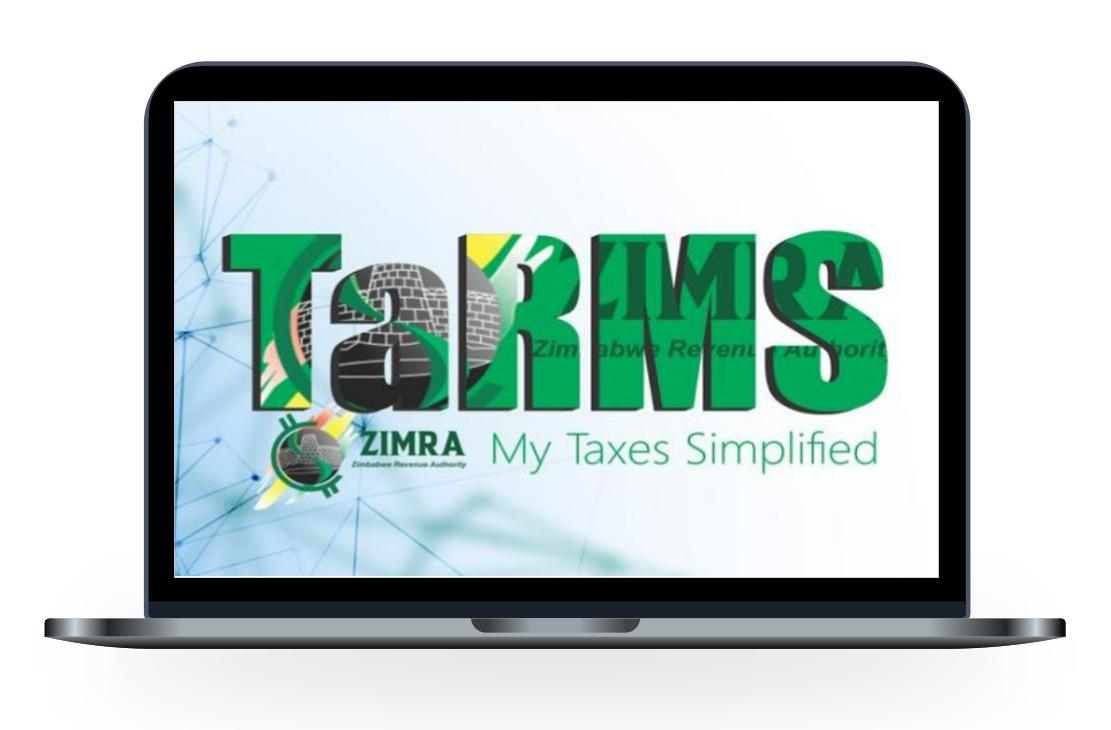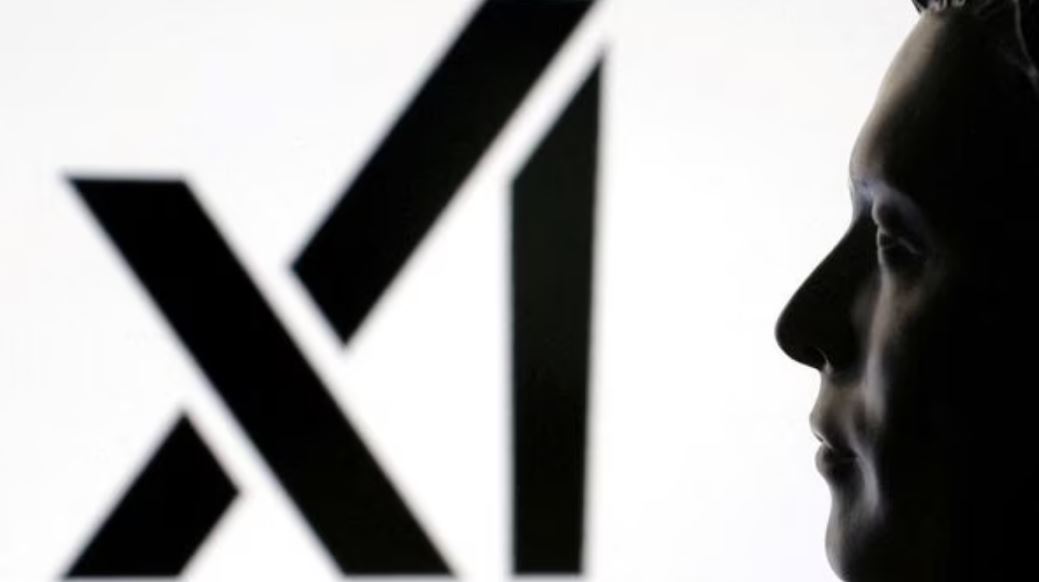According to Zimstat’s latest release of the Poverty Analysis in Zimbabwe, our poverty datum line stands between $430 and $574 for an average household of 5 and $96 for a self-sustaining individual, depending on location (provincial stats).
A poverty datum line (PDL) represents the cost of a given standard of living that must be attained if a person is deemed not to be poor.
Basically, a household’s income should be able to buy the quantities of food, shelter, and clothing, deemed necessary for their basic upkeep.
Zimbabwe’s PDL represents a best case scenario where a family actually has a breadwinner(s) or an individual does have a source of income, whether this is actually the case is a question worth asking. In the current state of our economy, many Zimbabweans live well below the PDL and those with jobs probably earn far below it too. The PDL is a representation of a “best case scenario” in Zimbabwe.
So with Zimbabweans struggling to afford a basic standard of living with many living below the PDL, who can actually afford such high costs to basic services like communication? Communication is an economic enabler that can lift people above poverty as they are now able to access internet-based services and tools and create their own employment communicating easily with both clients and suppliers.
With communication slowly moving towards the internet, high costs of data are creating barriers for normal citizens to utilize tools and applications that can help them be self-sufficient. A conversation over emails can change an individual fortune in a day.
At $30 for 1 Gb, Zimbabwe has the 3rd most expensive data in Africa, yet we have high unemployment, low wages, and a high PDL. In the public’s best interest POTRAZ should review its data tariffs and allow people do work with the internet to create self-employment and provide for themselves or their families.
Download the Zimbabwe Poverty Datum Line report here, let us know what you think are the reasons for the high costs of the internet in Zimbabwe.














Comments
7 responses
we cannot talk about communication here in Zimbabwe without mentioning 3 things; facebook, twitter and WhatsApp, seriously, that’s just about all the communication one needs to run a small business.
If there’s one thing that can hinder the performance of small businesses, it’s the speed of the three communication channels mentioned above. To promote his business, a welder need to upload photos of his work on WhatsApp business groups, how can he do that with 2kbps? A wedding planner need to upload videos of wedding venues on facebook, how will she do that with 20kbps?
The time is now, we need to expose all MNOs who are throttling social media bundle speeds!
Are you suggesting that data be made a part of the family basket the same way cooking oil, rentals and mealie meal are?
that’s exactly what should happen, in other countries, Internet access is a basic human right.
last week you wrote an article about Potraz and the Internet speeds we should be getting
http://www.techzim.co.zw/2016/09/according-potraz-mobile-internet-speeds-getting/#.V-T5JvB97IU
do these speeds apply to social media bundle speeds as well or its it’s just for data bundles ie $1 for 10Mb? if so, what is Potraz doing to insure that all MNOs provide these speeds, and what happens to those who don’t.
They are all missing it by not providing fibre in the ghetto
Where do you stay? Fibre connection is there in some Gheto Jecha
Clamouring for freebies in a dead economy